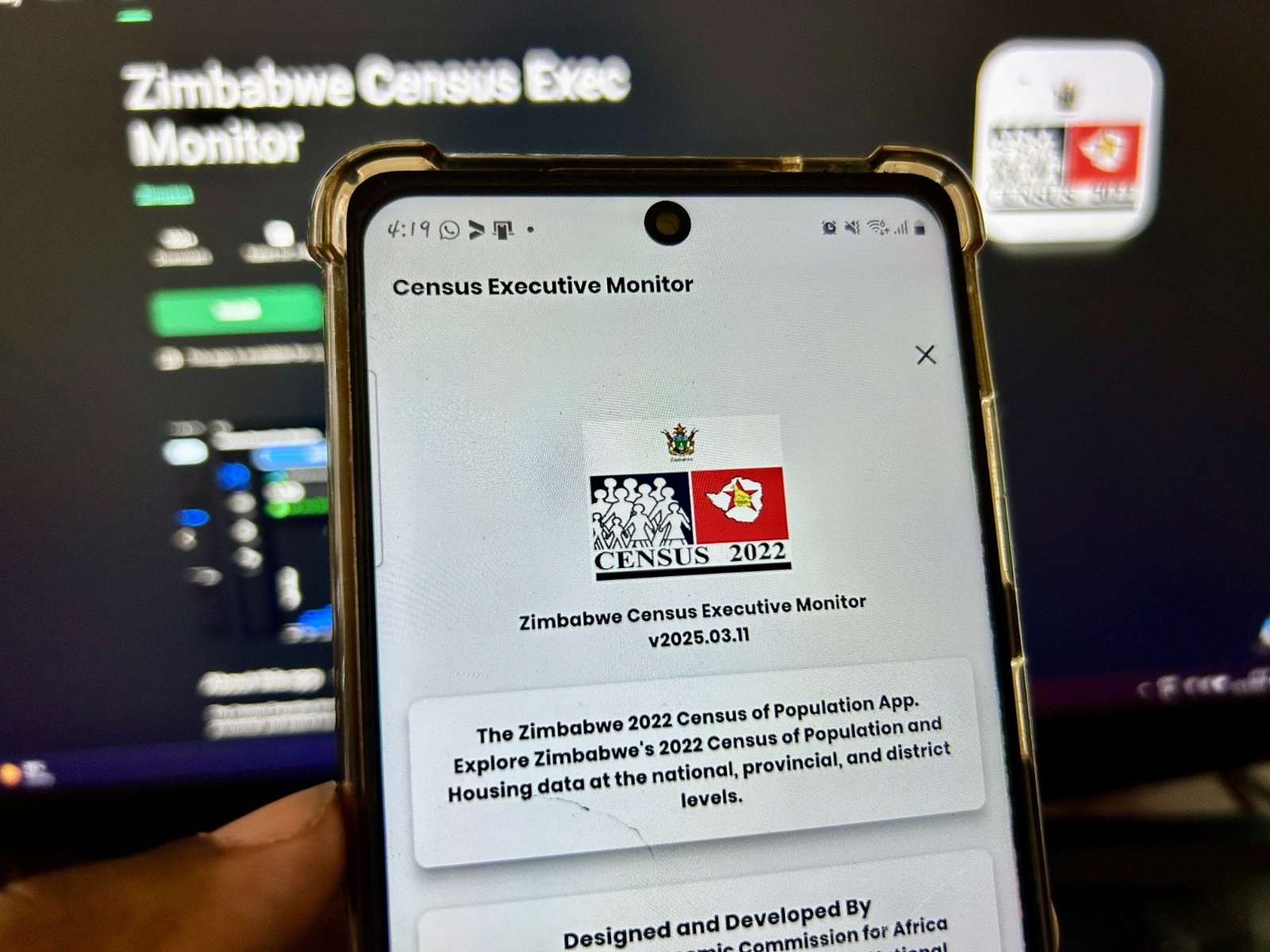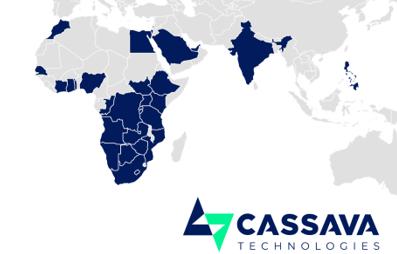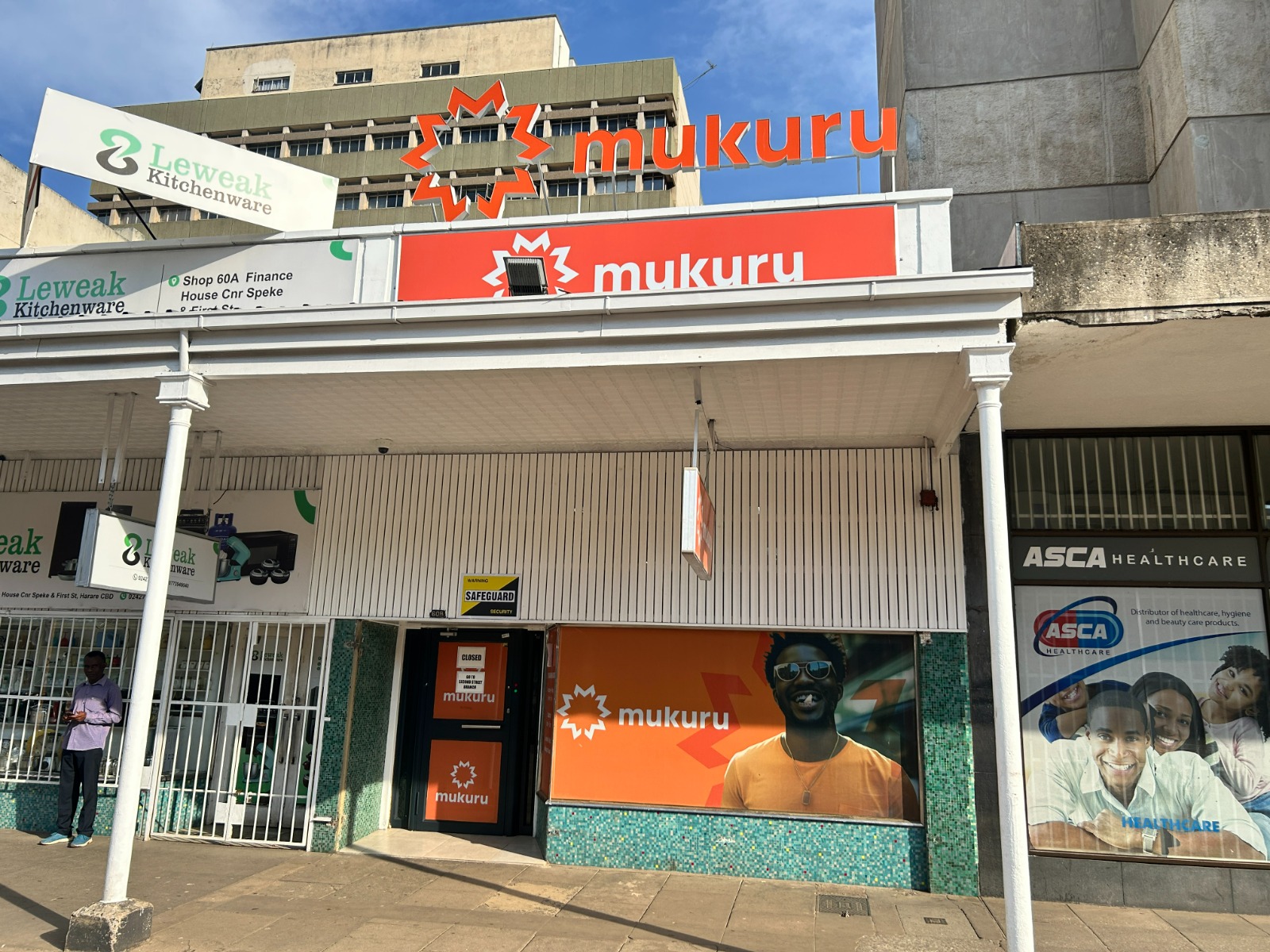The question came up a few times these past months, is internet access now cheap in Zimbabwe, relative to other countries in the region. The main point was that we are paying less for data than we were in the past because of inflation coupled with infrequent price hikes.
It does not feel like it and many just did not believe it. Let us put the matter to bed by doing another regional price comparison.
We cannot look at every country in the region but if we look at South Africa, Botswana and Zambia we should get a good idea as to what’s on the ground.
We will look at the actual tariffs and also at the promotions. Almost all mobile network operators run promotions, offering bundles that cost less than the tariffs allowed by their regulators.
Caveats
Comparisons
Let’s remember that these comparisons are problematic at best. The Zimbabwean situation is a good example, if you look at data tariffs it would appear data is much much more expensive than it really is.
That is because although the out of bundle rate exists at around US$4.35 per GB, very few actually use data bought that way. The vast majority take advantage of the promotions mobile network operators run where one can get a gigabyte for around US$1.50.
Affordable vs cheap
There is also the small matter of affordable vs cheap. You could sell something that’s worth $100 for $50 but if your customers cannot afford to pay the $50, the product is expensive.
Therefore even if the prices look good in Zimbabwe, we have to consider the average income of the population. We earn so little that if data is not absolutely free in Zimbabwe, it is expensive.
The countries
We also have to consider that our plight as citizens affects the internet service providers (ISPs) in the country. The poorer we get, the harder it gets for the MNOs. We, Zimbabweans, have been getting poorer by the year so make of that what you will.
Then there is the issue of different tax regimes and other factors that influence the final prices we pay. If we’re being honest, we have to concede that it is harder to run a business in Zimbabwe than in any of our neighbours.
But in the end, does it mean anything if Zimbabwean ISPs have the lowest margins because of that?
Quality
Not all internet access is the same. I think most Zimbabweans will tell you that the LTE sign means absolutely nothing here in many cases. So, if it turns out Zimbabwe is the cheapest, is that even a win if that’s at tortoise speeds?
Other options
We are looking at mobile data but there is such a thing as home internet. It exists here in Zimbabwe but is not an option for most. In South Africa affordable home internet means people don’t have to rely on the more expensive mobile data as much.
So, we have a South African who only needs 1GB of mobile data a month because they have home internet and free wifi access in most public places and a Zimbo who needs 20GB of mobile data. Internet access is going to be more expensive for the Zimbo even if his per GB price for mobile data is lower.
The comparisons (for what they are worth)
| MNO | Price in US$ per MB | Price in US$ per GB |
| Econet (Zim) | 0.005 | 5.6 |
| NetOne (Zim) | 0.005 | 5.6 |
| Telecel (Zim) | 0.005 | 5.59 |
| Vodacom (SA) | 0.03 | 30.72 |
| MTN (SA) | 0.03 (0.017 in special cases) | 30.72 |
| Telkom (SA) | 0.018 | 18.43 |
| BTC (Botswana) | 0.08 | 81.92 |
| Orange (Botswana) | 0.079 | 80.90 |
| Mascom (Botswana) | 0.076 | 77.82 |
We used the willing buyer willing seller rate to convert ZW$ to US$. Had we used the black market rate, the out of bundle browsing rate for the Zim MNOs would have been US$0.003 per MB or US$3.26 per GB.
Should you find yourself using the internet without purchasing a bundle, the Zimbabwean MNOs offer the best deals in the region. It’s an empty win though because only those new to data services or those whose out of bundle browsing is turned on by mistake actually buy data at these ridiculous prices.
That said, in terms of just the prices on paper, our assertion that Zimbabwean data is cheap is true.
Bundles
What really matters are the promotional bundles that MNOs offer. But these being promotions, like for like comparisons are harder to make. However, it is clear that the South Africans offer the best deals. Their uncapped options do not even have competition this side of Limpopo. The US$24.05 for uncapped data at 10Mbps by MTN South Africa being a good example.
This means whatever comparison we make won’t be satisfactory. Do we look at the average amount of data used per month by their customers. Recently, we found out that Telecel Zimbabwe’s average revenue per user is US$1.30. Should we look at $1.30 bundles?
We are going to have use some arbitrary metric that many will find objectionable. I’m looking at this as a Zimbabwean and so I’m going to look at the best prepaid deals one can get for US$10 to around $20. Why? For that price one can get enough data to use responsibly for a whole month, without being confined to social media apps.
To get the most accurate picture when it comes to the Zimbabwean prices we can’t ignore the forex black market. Many Zimbos use it to get a premium for their USD and then they purchase ZW$ denominated bundles. The black market we are going to use is the one quoted by ZBCnews, 1:800.
The bundles
| MNO | Bundle | Bundle using black market USD | Price per GB | Contract plan |
| Econet (Zim) | Private Wifi – $10 for 8+2GB | Private Wifi – $18.98 for 25GB | $0.76 | |
| NetOne (Zim) | Mo’ Gigs – $10 for 15GB | OneFi – $13.08 for 10GB | 0.67 | |
| Telecel (Zim) | Giga Data – $12 for 15GB | Home WiFi – $17.50 for 20GB | $0.80 | |
| Vodacom (SA) | Monthly recurring – $21.03 for 7.2GB | – | $2.92 | $18.02 for 100+100GB pm * 24 months |
| MTN (SA) | BozzaGigs – $8.98 for 10GB (plus 10GB Night Owl) | $0.45 | $16.21 for 120+120GB * 36 months | |
| Telkom (SA) | Data – $21.40 for 20+20GB | $0.54 | $21.03 for 180+180GB postpaid | |
| BTC (Botswana) | TurnUp – $20.98 for 15GB | $1.40 | $15.87 for 10GB at 100Mbps | |
| Orange (Botswana) | All My Internet – $17.38 for 12GB | $1.45 | $17.46 for 12GB postpaid | |
| Mascom (Botswana) | MyMix – $22.14 for 17GB | $1.30 | $22.14 for 16GB postpaid | |
| MTN (Zambia) | Standard – $12.41 for 25GB | $0.50 | ||
| Airtel (Zambia) | Tonse – $12.41 for 25GB | $0.50 | ||
| Zamtel (Zambia) | Standard – $12.41 for 30GB | $0.41 |
What the figures say
When it comes to prepaid bundles the Zambians win out. The Zambian MNOs offer the best bang for the buck prices. Zamtel charges the least per GB at $0.41.
South Africans also get good prices even though Vodacom’s prepaid options are expensive. However, the deals are only good for those that can take advantage of the night owl option. If one cannot be up between 11pm and 6-7am then MTN and Telkom’s bundles will be more expensive than the Zim ones.
For the Zim bundles one has to check whether it’s cheaper to use USD or to convert to ZW$. They come in cheaper than the Botswana bundles and if we count out Night Owl, they are also cheaper than the South African ones.
The South Africans have the best contract options though. If you are willing to be tied down to a 2 or 3 year contract, you will get the best deals. MTN’s 120+120GB for $16.21 looks so good. It gets sweeter too, for an additional $8 you can get an unlimited plan.
Does this all mean anything? You decide if this means mobile internet access is now cheap in Zimbabwe, relative to other countries in the region. We went through the caveats that should help paint these figures in the correct shade.
All we can call for are contract options in Zimbabwe. I understand there is the whole currency depreciation and subscription collecting challenges that make it difficult to implement. However, one can only hope one day we will see unlimited plans from Zim MNOs that are competitive.














Comments
13 responses
can we have a salary survey compared to the region
Interesting suggestion
It’s the same ne solar izvoo, they have done that one before. A lot. Worst website in the universe
It seems netone data bundles stay longer than Econet bundles from my experience. Except for the USD ones from Econet they perform well.
Seems like there is some deliberate throttling of network speeds by these ISPs sometimes. Especially on hourly bundles.
USD bundles use the modern USD 4G LTE base stations, whilst ZWL bundles use the ZWL 2G base stations. 😂
I concur that MNOs seem to manipulate network performance.
I’ve taught myself NEVER to buy a thing called HOURLY BUNDLE.
Either way, all MNOs do throttle the bundles kukubira
As for the issue yemaNETONE bundles vs BUDDIE, Ndakazvi onawo kuti the FORMER’s bundles anogara zvokurevesa
The problem is that the extremely poor service you get from most of these MNOs means that the bandwidth you are calculating against should be halved. This means the price per Mb/ Gb is actually double
Truly, there is no such thing as pleasing everybody. They got badgered to cover this, and when they do, they get badgered for covering this! Lol
For the ones who want different stories, give suggestions on areas of your interest, safe areas that is
I don’t know if it’s safe for you guys or not but it seems Gweru the city of progress, doesn’t have a functioning traffic light system is it because of lack of technical ability or is it just incompetence? I think it would be awesome to do an article on that, after all it’s tech related right?
Telkom has an unlimited bundle for R250 (works all day except from 7 pm to midnight)
To think data once cost USD100 per gig http://www.techzim.co.zw/2010/10/econet-mobile-broadband-launch/
A great article with a lot of useful information. I’m currently following your blog and have bookmarked it for future use. Thank you so much for sharing!